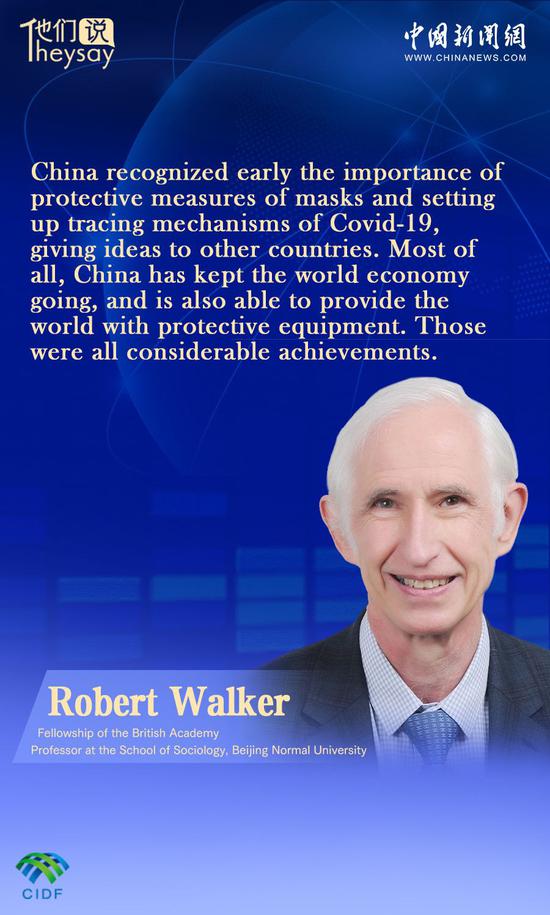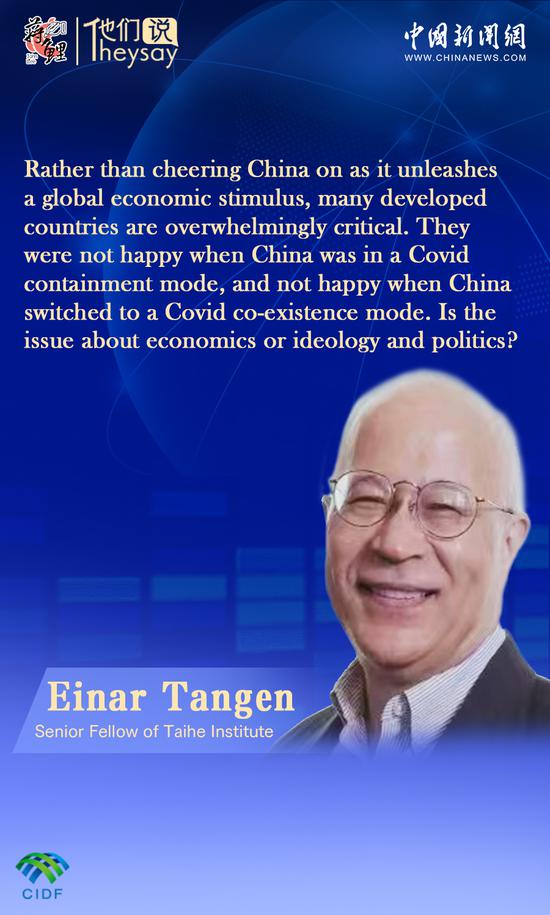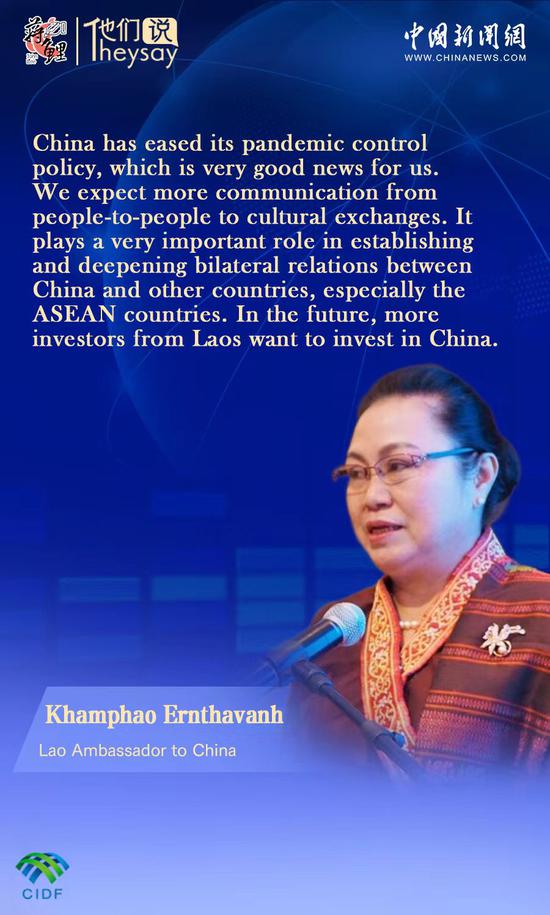Chinese researchers have described what they claim is the world's youngest Alzheimer's patient, a 19-year-old in Beijing, as an "intriguing" discovery that could shed light on the evolution of the disease that mostly affects the elderly.
The young patient first experienced difficulties concentrating when he was 17 and began to struggle with short-term memory loss, such as the inability to recall the previous days' events or where he'd left personal belongings, according to a study published in the Journal of Alzheimer's Disease, an international peer-reviewed journal, on Jan 31.
The study found that the patient's memory continued to worsen, and he often misplaced items and even had trouble remembering whether he had eaten. He dropped out of school due to his condition, but was still able to live on his own.
At hospital, the patient took a series of tests, including the most authoritative diagnosis examinations. His results showed that the cerebrospinal fluid that acts as a cushion for the brain's cortex was abnormal and he was suffering from mild brain atrophy, which meets the diagnostic criteria for Alzheimer's.
The study was led by Jia Jianping of the Innovation Center for Neurological Disorders at the Capital Medical University's Xuanwu Hospital in Beijing.
Jia Longfei, a doctor at Xuanwu Hospital's neurology department who was also involved in the study, said in an interview with Beijing Youth Daily that the case is extremely rare because the patient is not only very young, but also carries no known genetic mutation associated with the disease.
Even though there are reports of cases of patients diagnosed with Alzheimer's in their 20s, most usually either have a family history of the disease or carry genetic mutations. But comprehensive testing of the 19-year-old showed that he fitted neither circumstance.
"In recent years, we have begun to diagnose a younger cohort of Alzheimer's patients in their 40s or even 20s," Jia said, adding that the rising incidence may partly be attributable to increasingly advanced diagnostic tools.
Jia said that the 19-year-old is significant to further research into the disease's underlying causes.
George Perry, a professor at the Department of Neuroscience, Developmental and Regenerative Biology at the University of Texas, said that he thinks the initial diagnosis is reasonable but that long-term follow-up of the patient is needed to further support it.
He said that memory impairment in young adults is a complicated condition influenced by genetic and environmental factors, as well as lifestyle.
"Taken together, this is a very interesting case, and no one in the world has reported such an early case without known pathogenic gene mutations previously, which attracts wide attention to AD (Alzheimer's disease) in young people," he said in an editorial published along with the study.
"Such very early-onset AD without any genetic background inspired my interest and further thinking on the conventional perspective, pathogenic mechanisms and limitations of current technologies of genetic testing in the field of AD," he said.
Data from the National Health Commission shows that China has nearly 10 million Alzheimer's patients. The disease's incidence among those aged 65 and above is 5 percent and the rate among people aged 80 and above is 30 percent.


















































 京公网安备 11010202009201号
京公网安备 11010202009201号